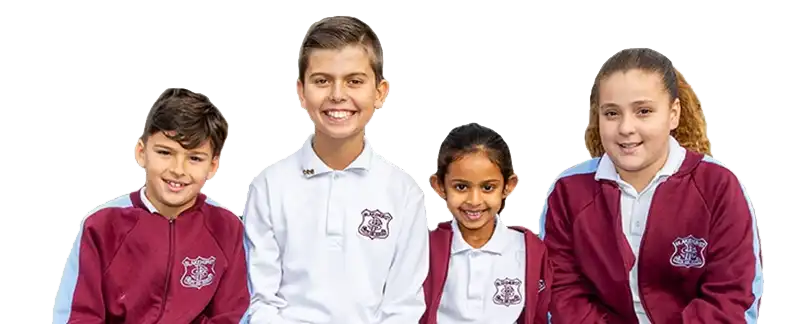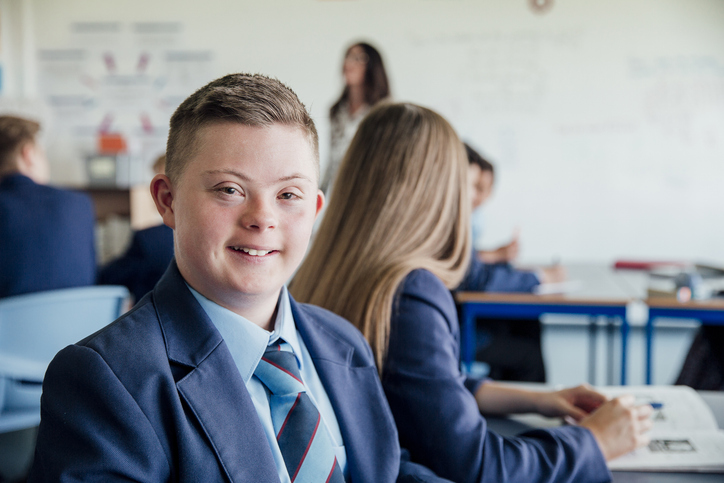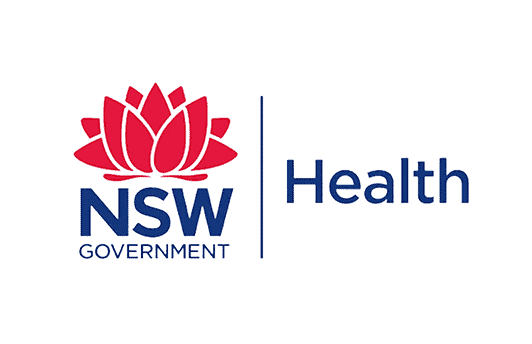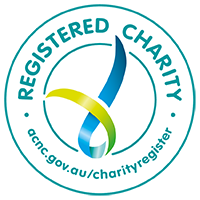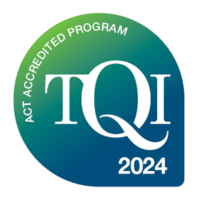Peer Leader training is an important part of the Peer Support Program. It entails training your senior students in leadership and preparing them to take on a role as a Peer Leader.
The Peer Support Program is an opportunity for every student to take on a leadership role. And that’s why many schools love the program. It provides leadership opportunities to more than a select group of natural leaders. And, for some young people, this can be life-changing.
What is a Peer Leader?
Peer Leaders are the students responsible for delivering the Peer Support Program at their school.
Senior students are trained over two days to be Peer Leaders. They go on to lead small groups of younger students in weekly structured sessions. Peer Leaders work in pairs with groups of between eight to ten students. The program sessions cover a range of topics and activities, with all resources provided by Peer Support Australia.
The program is available to both primary and secondary schools. Typically, Peer Leaders are in Year 6 at primary schools, and Year 10 at high schools. Some teachers extend the secondary program for other cohorts as the resources are valuable to all students.
The program provides schools with a unique opportunity for an entire cohort to take on a Peer Leader role.
Why teach leadership to all students?
Every young person possesses the potential to become a leader, but this potential needs to be nurtured and developed. The process of teaching and fostering leadership skills can have a profound impact, both in the short and long term, on our young people and their school communities.
Students who learn and practice leadership skills help shape the culture of their school. They become the change-makers, the student voice, and the champions of inclusivity. They can inspire their peers to work together, resolve conflicts, and create a more harmonious environment for everyone.
Many of our member schools recognise the impact that being a Peer Leader has on both the students who step into these roles and the school community. Teachers and school leaders are often delighted to see students thrive as Peer Leaders despite some students not being seen as natural leaders. And, perhaps more importantly, the students start to see themselves differently too. They recognise their own strengths and find their voice.
How do you do Peer Leader training?
The Peer Support Program is based on the best-practice model of building capacity within your school. Teachers attend our workshops to become accredited Peer Support Coordinators. The workshop helps teachers develop the skills and knowledge to coordinate the program, including training their Peer Leaders.
The Peer Leader training is delivered over two days by your school’s Peer Support Coordinator. Peer Support Australia provides the resources needed to plan and deliver the training. This includes teacher’s notes, training activities, Peer Leader learning guide, information for parents and carers, and training certificates. These are available for download in the member’s section of our website.
Students are divided into small groups with a teacher facilitating the training. They will work through a range of experiential activities, take part in discussions and complete activities in their learning guide.
During the training, students participate in a range of activities focusing on leadership skills, relationships with others, their role and responsibilities, the structure of a Peer Support session, understanding how groups work, strategies to lead a group, and how to facilitate activities.
Why should all students have the opportunity to do Peer Leader training?
We encourage you to include all your senior students in your Peer Leader training. This gives all students – including those who aren’t normally identified as leaders – an opportunity to learn and practise valuable skills in a supportive environment.
The Peer Leader training, and the subsequent leadership role, helps your students develop life skills such as communication, empathy, conflict resolution, and decision-making. These skills are valuable for every student.
Being a Peer Leader can be transformative. (See Javier’s story, for example.) Peer leadership offers students the opportunity to develop a range of new skills. They may grow in confidence, improve their relationships, become more organised, and develop their social and emotional literacy.
Many schools report that different students, such as those who are quiet, anxious or neurodivergent, flourish in their Peer Leader role.
Build student wellbeing with Peer Support
Discover how Peer Support can build student wellbeing at your school, with this free ebook.
